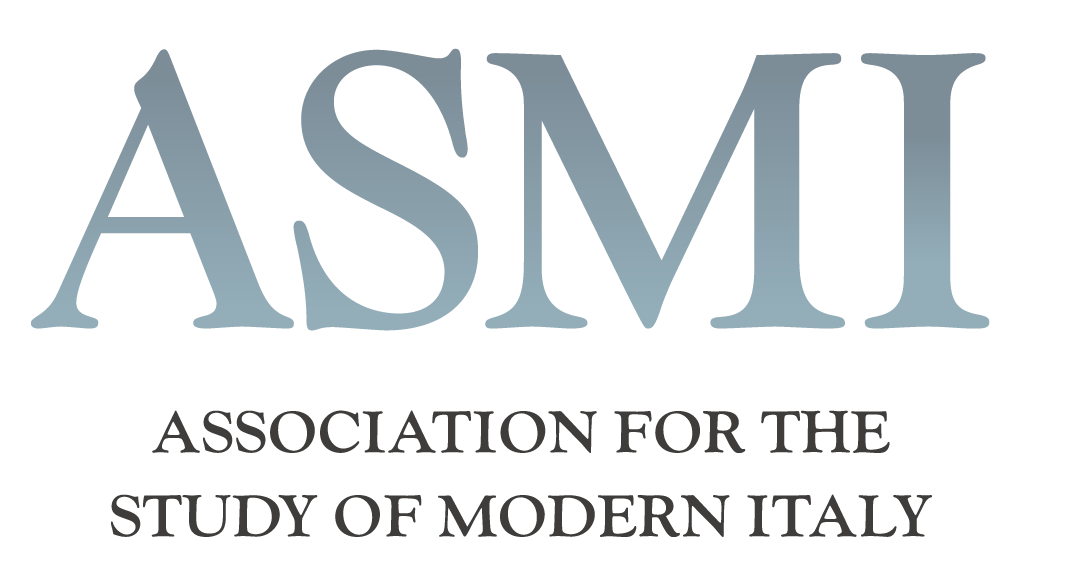Grazia De Michele
In June 2005, I was working as an intern at the Italian Ministry of Foreign Affairs in Rome. I was not enjoying the experience. One morning, I felt particularly discouraged and started to think about a possible way to escape. I remembered an English scholar, whose article on Italian national identity I had read and appreciated while writing my undergraduate dissertation. I searched for his name on the internet and the picture of a smiling young man came up. I sent him an email asking if there was anything that a student dreaming to become a historian could do in the UK. He replied within a couple of hours offering to speak to me over the phone. In October 2005, I moved to Reading to start my MA followed, in 2006, by a PhD.
Christopher Duggan was a kind, supportive, helpful and friendly supervisor. We had very different approaches to history. Still, he always encouraged me to work on the topics I liked using methodologies that I found stimulating. He gave me the opportunity to do a PhD with a studentship and meet some amazing people, including my husband.
I never called him by his first name. It sounded impolite to my Italian ears. I never expressed my affection to him either. He was such a reserved person. Since he left this world, though, I have taken the habit, whenever I think of him, to say: “Ti voglio bene, Christopher”.
